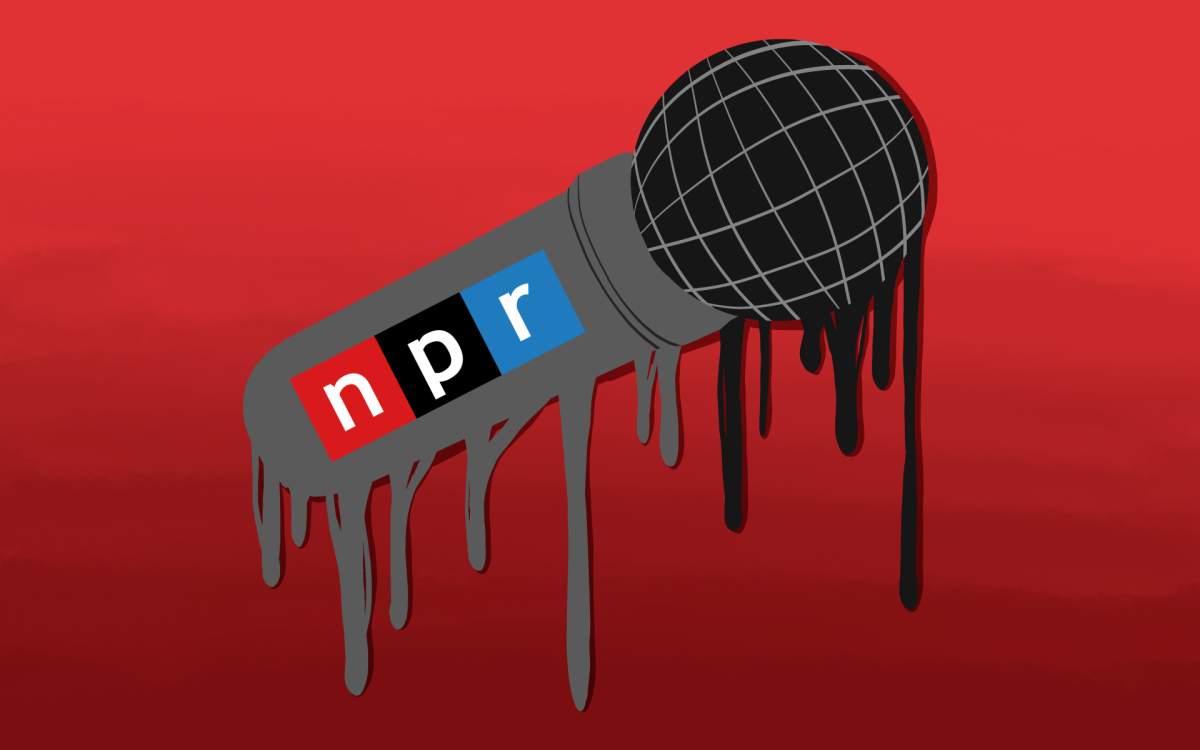The United Kingdom’s credit rating was downgraded last week from its top AAA rating to AA1 by the Moody credit rating agency.
After the U.S. downgrade by Standard & Poor’s credit rating agency in 2011, debates continue between supporters and opponents of austerity within both countries’ economies.
The U.K.’s drop from the top credit rating was “a stark reminder of the debt problems built up in Britain over the last decade,” said George Osborne, the U.K. chancellor of the exchequer and second lord of the treasury.
Moody is one of three major credit agencies around the world that judges a government’s ability to fulfill financial commitments and assesses the risk of that government defaulting on its debt. Credit rating agencies rate a country by its debt and deficit levels, economic growth prospects and instability of the political environment.
DePaul economics professor Thomas Mondschean said that despite the U.K.’s downgraded credit rating, it retains “a very high credit rating. It is a downgrade from what they had before, but it is not a bad credit rating at all.”
In response to the downgrade, Mondschean expects to see no drastic changes in the U.K. economy.
“The markets were already expecting this,” said Mondschean. “(The downgrade) confirmed what people already knew about the U.K.”
According to the BBC, the U.K.’s downgraded credit rating was the result of the country’s inability to reduce its budget deficit or “the amount (the U.K.) has to borrow every year because it is spending more than it receives in tax revenue.”
“(The U.K. government) under David Cameron and the conservatives … has adopted a very austere fiscal policy, cutting spending, raising taxes,” said Mondschean.
Austerity is an economic policy that demands a decrease in government spending, often accompanied by a decrease in benefits and public services.
In a Dec. 12 article from The New Yorker, John Cassidy said, “cutting government spending causes the economy’s overall output to fall, tax revenues to decrease and spending on benefits to increase … the end result is slower growth (or a recession) and high budget deficits.”
Mondschean said Moody’s assessment of the U.K.’s credit rating is a result of the austerity policy.
“It looks like the policy will continue and that the forecast for the U.K. is fairly sluggish economic growth going forward,” said Mondschean.
The fiscal austerity policy is one that holds debate even in the U.S., such as in the upcoming sequestration debate.
Sequestration is the policy taken by Congress to reduce federal spending.
Sequestration aims to reduce spending on social programs and military defense, which are prized by the Democrats and Republicans, respectively.
While the rating downgrade in the U.K. was primarily an issue with repaying debt, the U.S. downgrade by Standard & Poor in 2011 was “a question of the political dysfunction between the Republicans and Democrats in Washington in getting a deficit reduction deal going. (Standard & Poor was) not worried about the economy so much as they’re worried about the political risk in Washington.” WHO SAID THIS?!
Since the U.S. downgrade, interest rates have fallen, proving that the ability for the U.S. to borrow money has improved. Mondschean anticipates that the U.K. does not need to worry about a drastic economic downfall either.
However, differing ideologies concerning economic policy remain a debate between conservatives and liberals in both political organizations.







